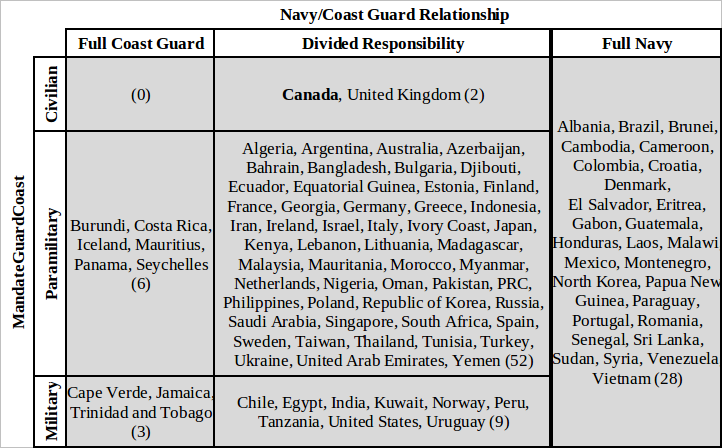I am at a loss to explain Mr. Hansen’s logic, and not General Leslie’s in his letter to the Chronicle Herald (Leslie’s Logic Alarming, 31 October), and in his 27 October Broadsides article (A Commentary on Rough Seas Ahead by Andrea Gunn).
I have listened to Evan Solomon’s interview with General Leslie (http://www.cbc.ca/player/AudioMobile/The House/ID/2327151521/) several times, and Mr. Hansen’s claim in his Broadsides article that General Leslie specifically targets the Fleet Maintenance Facilities (FMFs) is blatantly false. The discussion between Solomon and Leslie focuses on Leslie’s frustration at the Department of National Defence’s failure to reduce expenditures in “contracted professional services and consultants”. Leslie includes, in his definition of professional services and consultants, “second line air force and navy heavy maintenance”. Whatever he was referring to, the key point here is that Leslie is referring to contracted services.
The `FMFs are not a contracted service, and therefore not a target of General Leslie’s frustration. There is not a shred of fact or innuendo in the Solomon interview that the FMFs are in Leslie`s crosshairs.
I am concerned that Hansen’s misinterpretation and non-sequiturs have impugned people’s intentions, and, possibly, their reputations. How does one explain the erroneous manipulation of information to the 1000+ dockyard workers who are shaking their heads over a black cloud over their hallowed institution that they do not understand or deserve……..and the cartoon that appeared in the Chronicle Herald the morning after the “Rough Seas Ahead” article on the front-page on 22 October?
Roger Chiasson
Captain (Retired) Royal Canadian Navy
Former Commanding Officer, Fleet Maintenance Facility Cape Scott
Halifax
The preceding piece is a follow up to a previous letter to The Chronicle Herald originally posted on 23 October:
Appalling scare tactics
Re: “Rough seas ahead.” As a former commanding officer of the Halifax naval dockyard, I am appalled at the alarmist tone of the headline on your Oct. 22 front-page article, and at the non-sequiturs that follow from the quote: “The measure that raises the most concern ... advocates that the navy hand over control of its maintenance, engineering support and logistics to a central organization in Ottawa.”
The article goes on to infer that, according to expert sources, the measure would result in the closure of Canada’s East and West Coast Fleet Maintenance Facilities (the current moniker for naval dockyards).
Centralizing control of maintenance is not a new concept. It was, in fact, implemented during the infamous Paul Hellyer unification initiative when Materiel Command exercised direct control over the dockyards and other major defence maintenance and logistics organizations. The arrangement proved somewhat dysfunctional, and ownership of the dockyards was returned to the navy, with the understanding that, in addition to servicing their prime customers (ships of their respective coasts), they’d perform other services, such as the repair and overhaul of equipment for the Forces’ supply system.
To suggest that a return to the functional command structure suggested by Gen. Andrew Leslie’s Transformation report would lead to the closure of our naval dockyards is a preposterous conclusion.
To add insult to injury, the expert sources interpret closure as commercialization of the dockyards — in other words, turning their operations over to a corporate entity, as has been done in other countries. In such cases, the same work is done by mostly the same workers, but the oversight is through a contractual mechanism rather than an internal chain of command.
That option is not in Leslie’s report — in fact, he is against the escalation in contracted services within the Defence Department. Commercialization, in any event, would be a politically driven initiative, and there is no evidence that it is even on the minds or lips of any Canadian political party or bureaucrat.
To take a snippet out of a large and complex internal defence report and to turn it into a bogeyman story is irresponsible.
Roger Chiasson, Captain (Navy) Retired, Halifax
Reprinted here with permission of the author.


